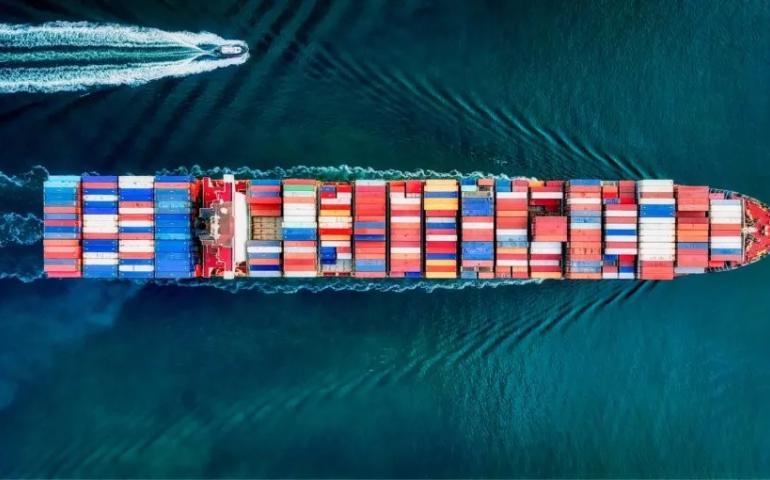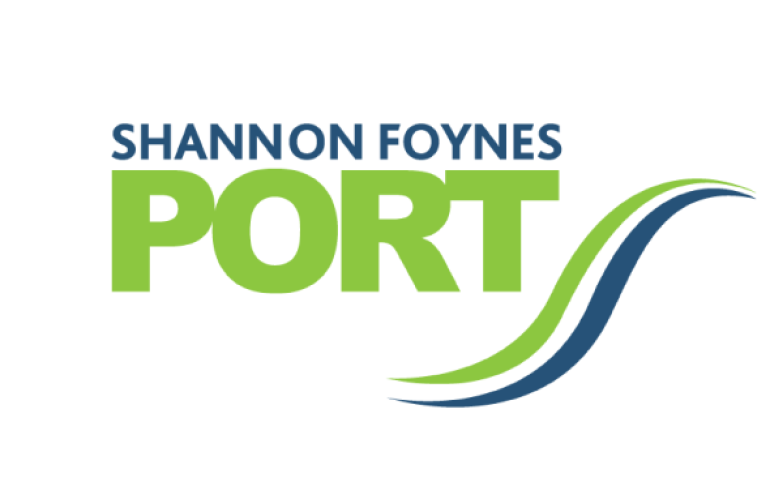
Sustainable and Holistic Management of Irish Ports (SHIP) was a three-year project funded under the EPA Research Programme 2014–2020. The project aimed to evaluate the sustainability of Irish ports and support the development of a policymaking framework to minimise and prevent potential environmental damage caused by unsustainable port operation practices.
As an island nation, Ireland relies heavily on its ports and harbours, which are essential to local, regional, and national economies. In 2021, the economic contribution of shipping and maritime transport services to the Irish economy reached €1.6 billion (see Ireland’s Ocean Economy Report 2022). The industry generated €456 million in gross value added and provided an estimated 4,847 full-time equivalent jobs. Given their strategic importance, ports play a crucial role in regional development, economic growth, and global trade.
Ports also contribute significantly to sustainability efforts. Shipping is the most energy-efficient mode of transport for moving freight and goods over long distances. The environmental benefits of shifting freight from road to sea increase in proportion to the transport distance. However, the complex nature of ports—along with the diverse range of activities and stakeholders involved—makes sustainable management challenging. While port activities are expected to expand, the shipping industry is also under increasing pressure to contribute to Ireland’s decarbonisation goals.
SHIP explored ways to address these challenges through active research and engagement with a wide range of maritime stakeholders. The project contributed to national efforts to advance sustainability in the sector by developing a framework to mitigate environmental damage caused by unsustainable port operations in the short, medium, and long term. This framework includes a suite of recommendations and enabling conditions under five key themes: governance, innovation, decarbonisation, linkages, efficiency, and investment. The framework was informed by a literature review, a desktop study of international port practices, and direct engagement with port stakeholders.
The research also highlighted a lack of clarity regarding the roles of specific port stakeholders in shaping future sustainability initiatives and long-term planning for Irish ports. To address this, it is recommended that ports, in collaboration with a diverse range of stakeholders, identify key actors from the public, private, and civil sectors to help develop a shared vision and an implementation plan for their long-term future.
This document outlines the work completed as part of the SHIP project, including research objectives, methodologies, and findings. It also presents a summary of the policy relevance of the research and recommendations for future studies.





